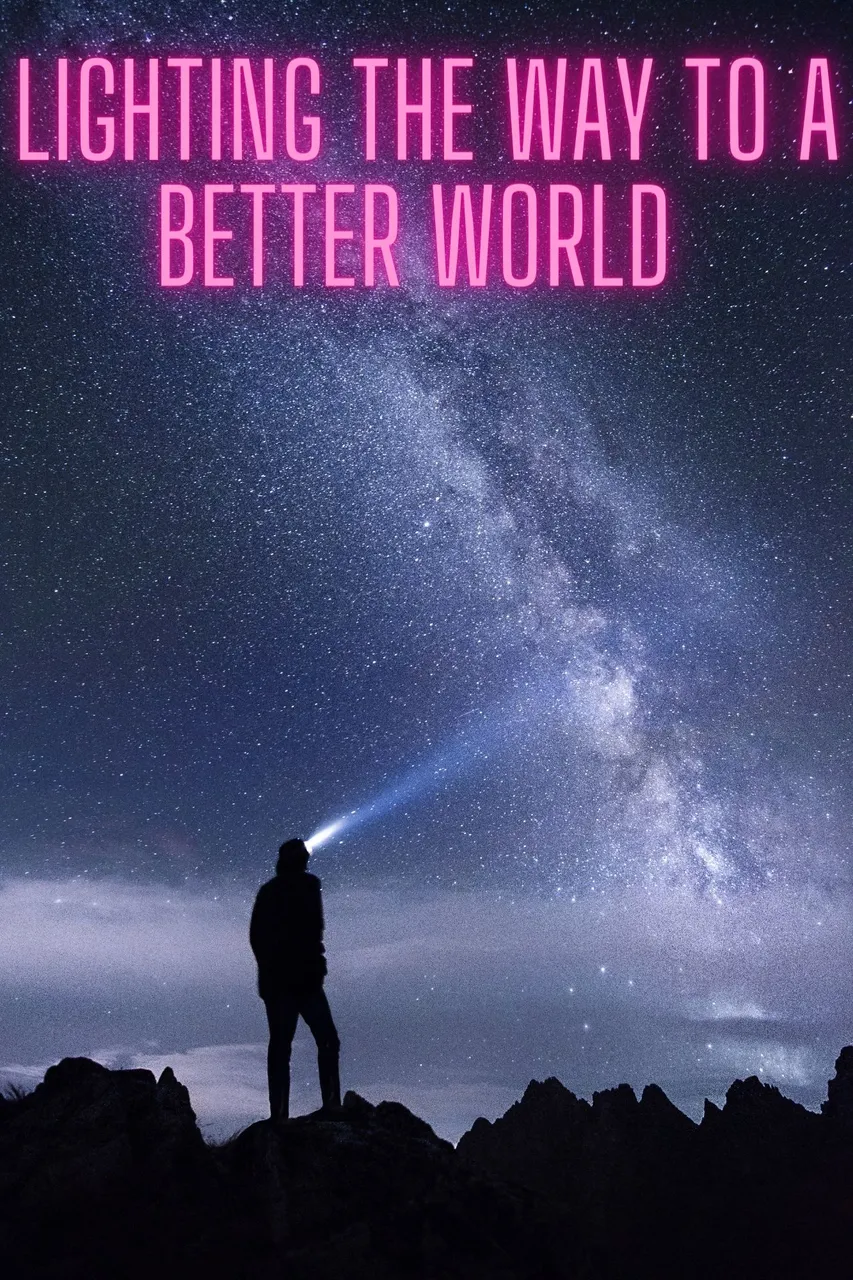Hello hivers
I want to discuss with you all on helping one another to make the world a better place

We all are in a society full of complexity and problems, the simple act of assisting one another has the incredible potential to have a profound beneficial influence. The culture of mutual assistance has the power to reshape civilizations, bridge differences, and pave the way for a better future, from little acts of kindness to worldwide collaborative endeavors. This deeply ingrained notion has the potential to set off a chain reaction of compassion, empathy, and solidarity, eventually making the world a better place for everybody.
Helping one another is, at its foundation, a manifestation of empathy - the capacity to understand and experience the sentiments of another. This essential human attribute serves as the foundation for collaboration and social life. From holding a stranger's door open to volunteering for humanitarian organizations, these gestures spring from an innate sense that our own well-being is inextricably linked to the well-being of others around us. This acknowledgment dissolves boundaries, promotes a feeling of belonging, and fosters a sense of communal responsibility for the larger good.
Small acts of kindness, although apparently tiny on their own, have the potential to produce a positive ripple effect. A smile to a stranger, a helping hand to someone in need, or a kind word said to elevate another's spirits all not only brighten someone's day, but also build an atmosphere of optimism and friendliness. As more people participate in such deeds, a positive feedback loop is generated, encouraging others to follow suit and thereby creating a compassionate culture.
However, the principle of aiding one another goes well beyond individual acts. Global collaborative efforts may result in significant breakthroughs. There are several instances throughout history of groups banding together to solve critical issues. International organizations like the United Nations are devoted to developing international collaboration in order to solve global concerns like poverty, climate change, and conflict resolution. Disaster relief operations, for example, show how people, governments, and organizations may combine resources and skills to relieve suffering and restore communities.
Furthermore, the internet era has increased the reach and influence of people supporting one other. Online platforms allow individuals to interact beyond geographical borders, facilitating the quick spread of knowledge and resources. Crowdfunding projects have shown the power of communal financial assistance to make a significant difference in the lives of those experiencing difficulty. Social media amplifies voices calling for justice, equality, and change, igniting movements that bring social challenges to light and push legislative change.
However, the notion of aiding one another is fraught with difficulties. It requires overcoming preconceptions, biases, and preconceived beliefs that might cause societal divides. Recognizing the humanity in all people, regardless of their origin, is critical to creating an atmosphere of inclusion and harmony. Education is critical in dispelling preconceptions and cultivating a more wide worldview that supports diversity.